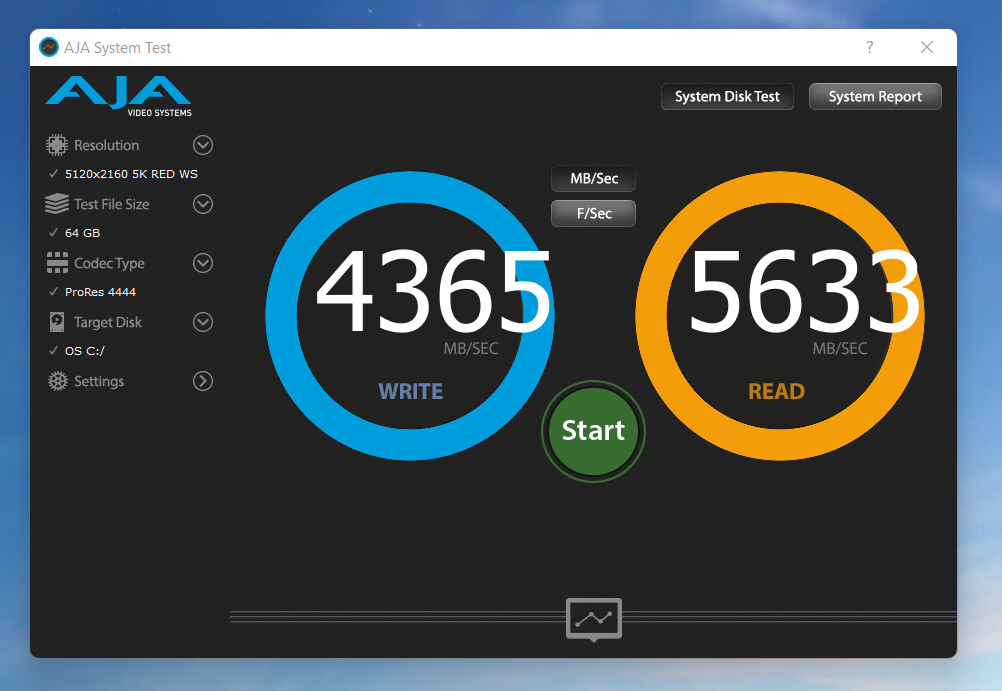BillyBobSenna
Veteran Member
Wow, this is strange. Using Samsung Magic, get the results below which I assume look reasonable. I am using a Aorus Z370 Gaming 7 motherboard and I check the bios and it is up to date and everything appears correct.Something is very wrong here, what motherboard do you have and is it running the latest version of the Bios with optimised defaults loaded?Well my results don't look good. These results are crazy different. I looked around at my bios and the slot I have my drive in and all looks ok. Any ideas?These are very good scores. I think your GPU is fine.Maybe you can do some quick GPU benchmarks like Geekbench 5 OpenCL and CUDA tests next? Since we have the same GPU, we should get similar performance. Geekbench offers a free version if you don't have a copy. They will give you an evaluation of your GPU under stress in the short period. (i.e., not testing the heat dissipation/cooling aspect).
CUDA test
OpenCL test
This is a comparison of your results to my results. Looks like a bit of a mixed bag.
The next thing to do is to benchmark your CPU and SSD, IMO. You may use the same Geekbench to benchmark your CPU and obtain its single-core and multi-core scores.
For SSD, I use AJA System Test. My SSD has PCIe Gen 4 interface and yours (PCIe Gen 3) is probably a bit slower. But it is good to see how fast it is:


Here is my Samsung 980 for reference:-

When I am processing the images in Topaz, the bar for each image quickly shoots to the right and pausing for an extended period of time after moving about 90% to the right. The pause seems to be related to when the images are saving to disc. Is there a pause like this when you process the images? Maybe related to anti virus software?

Wow, this is strange. Using Samsung Magic, get
--
Bill - Beverly Hills, MI
Motorsports Photography
www.billgulkerphotography.com






